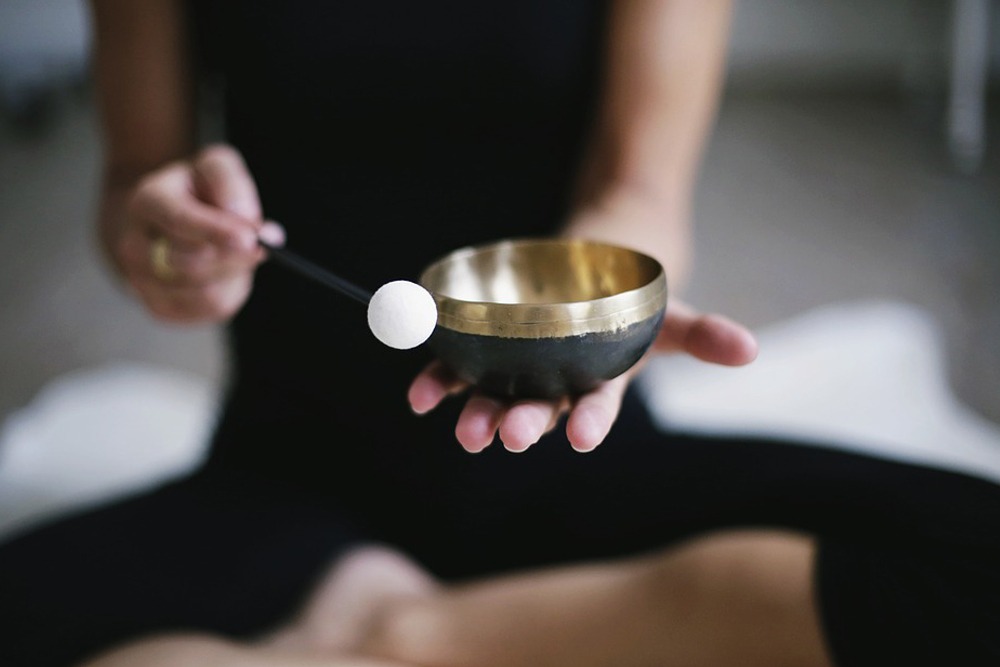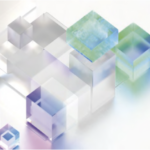In this day and age, multitasking is practically synonymous with the image of being productive. If you’re on a conference call while laying out plans to design a new technology and checking your email for the latest update from your project manager, you may think you’re doing your best work. But what if there was a way to slow down and focus without losing steam? What if, in fact, this was actually the key to a better, happier, and more productive career? Enter: mindfulness, the new buzz word that is taking the industry by storm.
What is Mindfulness?
Mindfulness is the practice of being aware of the here and now. Rather than getting caught up in the past (“I should have brought a different idea to the table.”) or anticipating the future (“What if this project doesn’t pan out?”), mindfulness encourages those who practice to focus on the present state of things. Imagine taking a moment to both quiet your busy mind and really listen to what it’s saying. What do you think you might find? The benefits of mindfulness for engineers might surprise you.
Mindfulness and Creativity
One of the first benefits of mindfulness an engineer should consider is its effect on creativity. While many people associate mindfulness with the idea of focus, it can also be used to foster outside-of-the-box ideas that may not have otherwise arisen. This is called the “default mode” of thinking, and comes about when you let your mind wander while doing a menial task, such as driving or looking out the window. Allowing your mind to rest can open it up to all sorts of ideas, including ones that are completely original. It is also important for divergent thinking, or the development of a wide range of possibilities versus narrow and linear process-oriented thoughts. Who wouldn’t want someone with this ability on their team?
Mindfulness and Problem-Solving
The practice of mindfulness has also been shown to aid engineers in problem-solving, due to its tie to divergent thinking (as shown above). By increasing your capacity for curiosity while letting your mind drift, you can open yourself up to a range of possible solutions. Think of your mindful brain as the logical information gatherer, welcoming in all sorts of options and filtering out those that may be influenced by emotion. Once you’ve explored options mindfully, you are better equipped to make a decision based on logic.
Additionally, mindfulness isn’t just used for drifting, divergent thinking. It can also be a great source of focus when you need to settle in and come up with a plan. By tapping into mindfulness for more intentional thinking, you can use the practice to delve deeper into a particular project or issue. When utilizing mindfulness in this way, you’ll want to have an end goal in mind. What do you want to produce? What would success look like? Then, try your hand at some intentional meditation to bring about the results you’re hoping to achieve.
Mindfulness and Mental Health
Finally, one of the biggest benefits of mindfulness is its positive effect on mental health. The stress and pressure of the field is leading to an increase in conditions such as anxiety and depression, serious mental health concerns. Luckily, mindfulness has been shown by the Mental Health Foundation to be a helpful practice for managing one’s mental state. This goes back to the earlier concept of focusing on the here and now. Rather than becoming affected by the past (depression) or concerned with the future (anxiety), mindfulness places you right in the present, where you can find control of your current situation and produce your best work.
How to Be More Mindful
With so many proven benefits, you may be wondering how to become more mindful in your daily life. The good news is that the practice of being mindful doesn’t require expensive equipment, coaching, or even more than a few minutes of your time.
The easiest way to dive into the world of mindfulness is through mindful meditation. A simple meditation that can be done anytime, anywhere, starts with a body scan. Find a comfortable position, close your eyes, and be aware of your senses in the present moment. What does your body feel like? What sounds can you hear? What does the ground feel like under your feet? As your mind drifts, slowly call it back without judgment. Open your eyes after five minutes and welcome yourself back to your work.
Another way to explore the idea of mindfulness during your work day is with a mindful lunch. Have you ever found yourself eating at your desk while working on a project only to notice that you’ve finished your meal without tasting a single bite? This hasty lifestyle doesn’t exactly leave space for creative or divergent thinking. Find a space away from your desk to eat without distraction, slowly focusing on the taste and texture of each bite. Taking a moment to rest your mind will open it up to all sorts of creative possibilities.
Whether you’re looking for a healthy boost of creativity to your idea process or hoping to confidently solve problems with more focus, practicing mindfulness might be the perfect answer. With proven benefits that include more emotional intelligence, divergent thinking, and improved mental health, mindfulness should be an important part of your daily routine.
Looking to stay on top of the latest industry trends? Check out our blog and follow us on Instagram and LinkedIn to stay in the loop on everything beverages.



